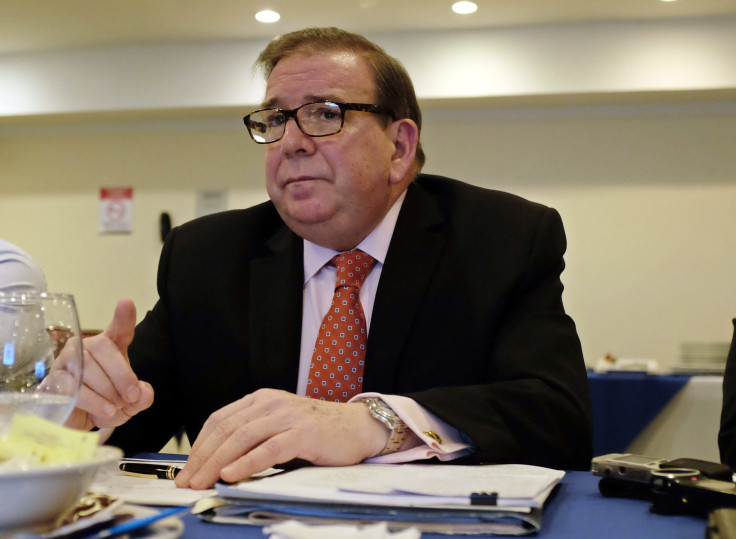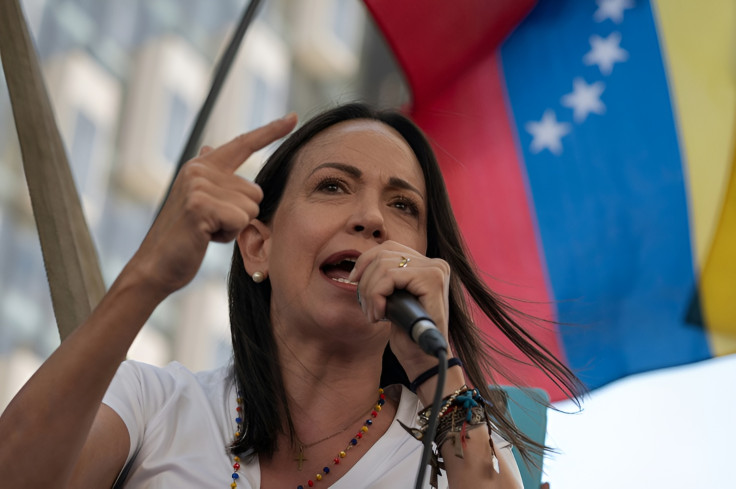
Edmundo González Urrutia has become the leading presidential candidate in polls analyzing the upcoming Venezuela's elections, playing a leading role in what perhaps is the opposition's largest chance to bring an end to the government's decades-long grip on power.
González spoke with local outlet Caracas Chronicles about the potential scenario he envisions should he win. He anticipated challenges similar to the ones faced by Guatemala's Bernardo Arévalo de León, who finally took office earlier this year.
Same as Arévalo, he said, he believes the opposition coalition he represents will prevail and he will be sworn in before the National Assembly in January 2025 after a period of intense negotiations.
He envisions six months of negotiations post-election, hoping the political realities will expedite discussions with the current government. Addressing how he would handle institutions still under Chavismo control, González Urrutia emphasizes the role of international observers to ensure a smooth transition of power, with support from the global community to guarantee the legitimacy of the electoral process.
González Urrutia acknowledged there are ongoing negotiations. Led by Dr. Gerardo Blyde, these discussions seek to involve the international community significantly. He references proposals from regional actors, such as Colombia's president, suggesting mechanisms to ensure a peaceful transition.
The re-institutionalization of Venezuela, González Urrutia added, involves the independence of public powers, freedom of expression, and the release of political prisoners. He spoke in favor of transitional justice, drawing from experiences in countries like Argentina, Chile, and South Africa, and said that teams of respected professionals and academics are crafting frameworks for this.
While González Urrutia is open to dialogue with Chavismo in a transitional government, he rejects the idea of power quotas, focusing instead on a collaborative effort for national reconciliation.
If he takes over the presidency, González Urrutia sees María Corina Machado as a key opposition leader. Machado was banned from running by the government-friendly Supreme Court despite winning a broad opposition primary. She is the leader with the best image in the country and has been campaigning on behalf of González Urrutia since his anointment.

Economically, González Urrutia aligns with the programs of María Corina Machado and the democratic unity's common minimum program. Acknowledging Venezuela's dire economic situation, he plans to seek international financial support and emphasized restoring Venezuela's role as a reliable hydrocarbon supplier while addressing environmental concerns.
Regarding the length of his potential presidency, González Urrutia is open to various outcomes, including a shortened term or a constituent assembly, depending on post-election negotiations. His approach will be shaped by the mentioned discussions, with the goal of establishing a stable and democratic Venezuela, he finished.
© 2025 Latin Times. All rights reserved. Do not reproduce without permission.





